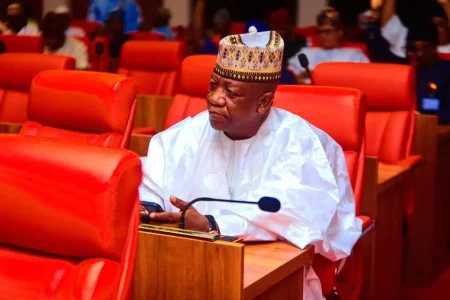
Governors in Nigeria are softening their opposition to President Tinubu's Tax Reform Bills after clarifications on the proposed VAT distribution model. The new model aims for fairer revenue sharing and economic inclusivity while addressing concerns about multiple taxation and public agency dissolution.
Recent discussions indicate that state governors are beginning to revise their earlier objections to the controversial Tax Reform Bills proposed by President Bola Tinubu. Nasarawa State Governor Abdullahi Sule shared his perspective during a televised town hall, explaining that had they been given a clearer understanding of the new VAT distribution plan, governors might have supported the bills sooner.
Sule noted that the introduction of a more equitable 60% VAT distribution model was not initially explained, which led to early resistance. He believes that had this information been provided upfront, the governors would have been more receptive to the reforms. The town hall meeting, which was requested by the Governors’ Forum, served to clarify several aspects of the proposal.
The governor also acknowledged that the tax reform’s focus on eliminating redundant taxes and improving the distribution of VAT proceeds could address some of the inequities he had encountered during his private-sector career.
Taiwo Oyedele, Chairman of the Presidential Committee on Fiscal Policy and Tax Reform, addressed misconceptions during the town hall. He clarified that the bills would exempt low-income earners from personal income tax and place greater emphasis on taxing individuals earning over ₦1.5 million annually. Additionally, the reform proposes a new VAT distribution model that allocates 60% based on the state of consumption, aiming to improve fairness.
Several leaders, including former Speaker Yakubu Dogara, expressed support for the reforms, underscoring their potential to stimulate economic growth and equity across Nigeria.




